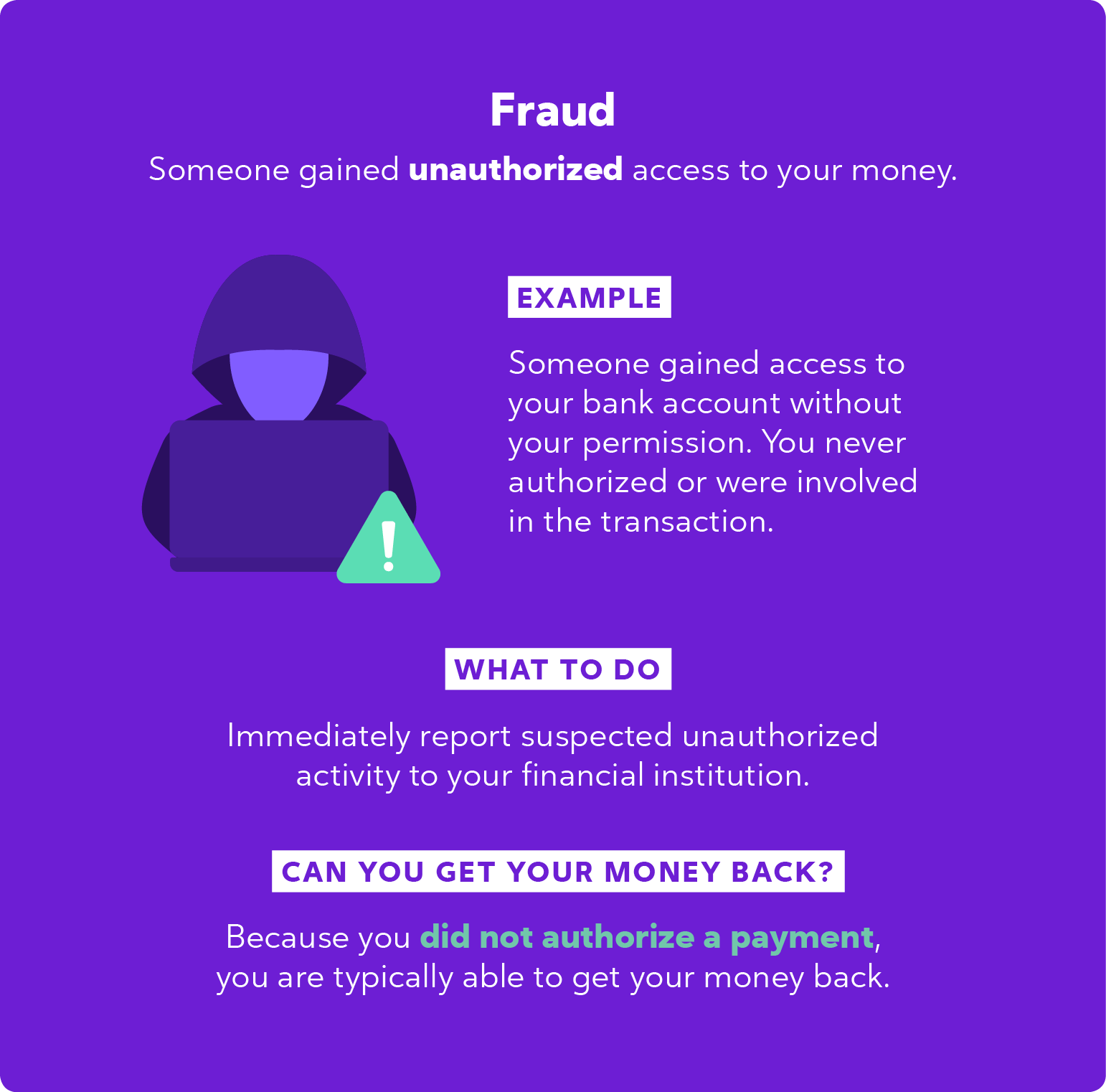Zelle is one of the top providers in the peer-to-peer (P2P) payment landscape in the United States, with consumers and businesses sending 2.9 billion transactions totaling $806 billion in 2023 – a 28% year-over-year increase. While P2P fraud constitutes a smaller portion of overall financial services fraud, it remains a significant issue, with an estimated $81 million lost due to scams. Even isolated cases of fraud can have serious consequences, and financial institutions believe further regulation is necessary. This ongoing debate underscores the need for financial institutions to continually assess and strengthen their fraud prevention measures in their digital banking solutions.
The most concerning trend in P2P fraud is the rise of social engineering attacks, especially imposter scams. These scams often involve fraudsters posing as legitimate figures—such as bank representatives, government officials, or even family members—to trick users into transferring money. Zelle, with its near-instantaneous transaction processing, has become a preferred platform for these criminals, as the speed of transactions leaves little time for victims to realize they’ve been scammed. In fact, recent estimates from the Federal Trade Commission (FTC) suggest that Americans lost over $2.7 billion to imposter scams last year, with many of these incidents occurring through P2P payment channels.

In the United States, Regulation E, also known as the Electronic Fund Transfer Act (EFTA) covers unauthorized electronic fund transfers to consumer accounts, such as unauthorized Automated Clearing House (ACH) or debit card transactions, which are defined as transactions initiated by someone other than the account holder without their permission. However, when a customer or member is deceived into authorizing an outbound payment, Regulation E offers little recourse, as the transaction was technically authorized by the account holder. This legal loophole is at the heart of the current debate over Zelle fraud and scams, with many arguing that banks and credit unions should bear greater responsibility for reimbursing account holders in these scenarios.
The Consumer Financial Protection Bureau (CFPB) has begun to explore the possibility of expanding Regulation E protections to cover authorized payment scams. While no changes have been made yet, the ongoing discussions signal a potential shift in how these cases are handled in the future. Financial institutions need to stay informed about these developments to ensure compliance and protect their account holders effectively. Visit the CFPB website to learn more ways to prevent, recognize, and report scams and fraud.
For banks and credit unions, the stakes are high. Failing to protect account holders from P2P and Zelle fraud can result not only in financial losses but also in significant reputational damage. To address this growing threat, financial institutions must adopt a layered approach to security in their digital banking solutions that incorporates advanced technologies like behavioral biometrics and real-time transaction monitoring.
Among the most effective tools available are BioCatch’s Account Takeover Protection and Appgate’s DetectTA, both of which provide essential safeguards against fraud while ensuring a seamless experience for legitimate users.
BioCatch’s Account Takeover Protection solution is designed to detect and prevent unauthorized access to consumer or business accounts. By analyzing behavioral patterns—such as typing speed, mouse movements, and navigation habits—BioCatch can identify when a user’s behavior deviates from the norm, signaling potential fraud.
This real-time analysis allows banks and credit unions to intervene before fraudulent transactions are completed, offering an essential layer of protection for P2P and Zelle users. Learn how BioCatch was able to help a top U.S. credit union realize a 95% reduction in residual Zelle fraud losses in two months.
Appgate’s DetectTA solution provides financial institutions with a risk-based transaction monitoring system that analyzes the context of consumer or business user actions to detect anomalies. This includes real-time monitoring for unusual login attempts, changes in device usage, and other suspicious behaviors that could indicate an account takeover attempt.
By integrating such tools into their fraud prevention strategies, financial institutions can significantly reduce the risk of P2P and Zelle fraud while ensuring a seamless process for authorized users. Learn how Appgate was able to help Arkansas Federal Credit Union proactively mitigate member-to-member fraud.
The rise of Zelle transactions year-over-year underscores the need for financial institutions to take a proactive stance in securing digital transactions.
As P2P payment platforms continue to grow in popularity, so too will the challenges associated with protecting users from fraud. Alkami is empowering banks and credit unions to address these risks by providing advanced fraud prevention tools, such as real-time transaction anomaly detection and behavioral biometrics, which integrate seamlessly into a financial institution’s existing digital banking platform.
Solutions like BioCatch, which detects anomalies in user behavior to identify potential account takeovers, and Appgate, with its risk-based transaction monitoring, help financial institutions stay one step ahead of fraudsters.
By leveraging Alkami’s layered fraud detection partners, financial institutions can better safeguard their account holders, reduce the likelihood of fraud, and build trust in their digital payment environment.
